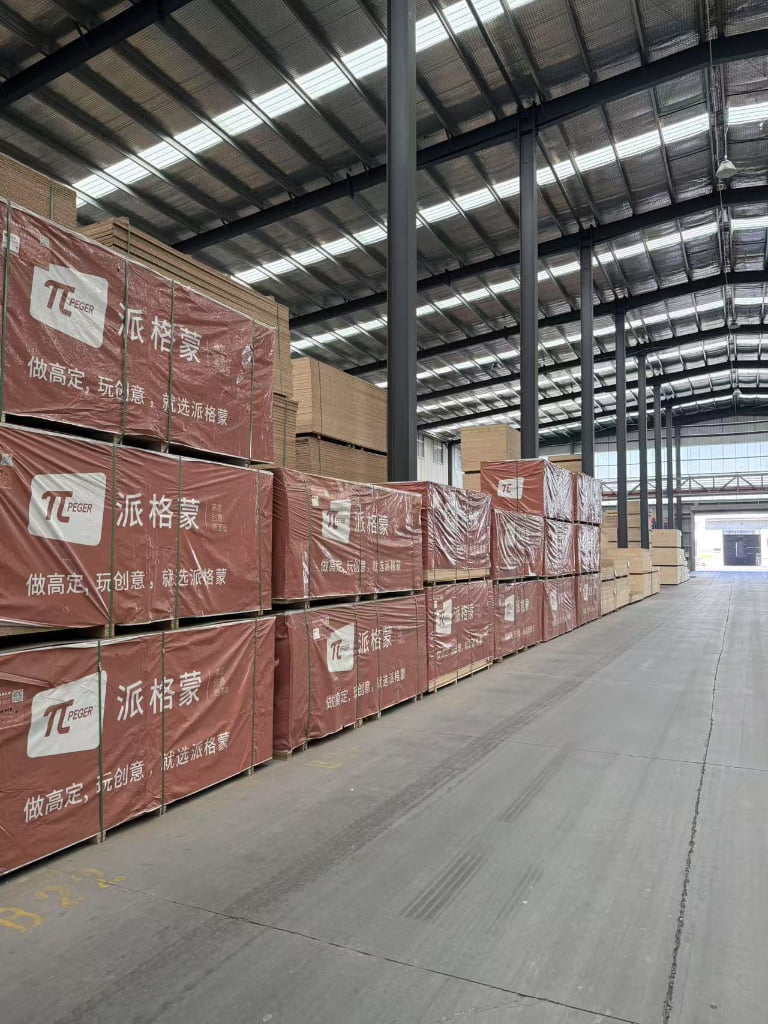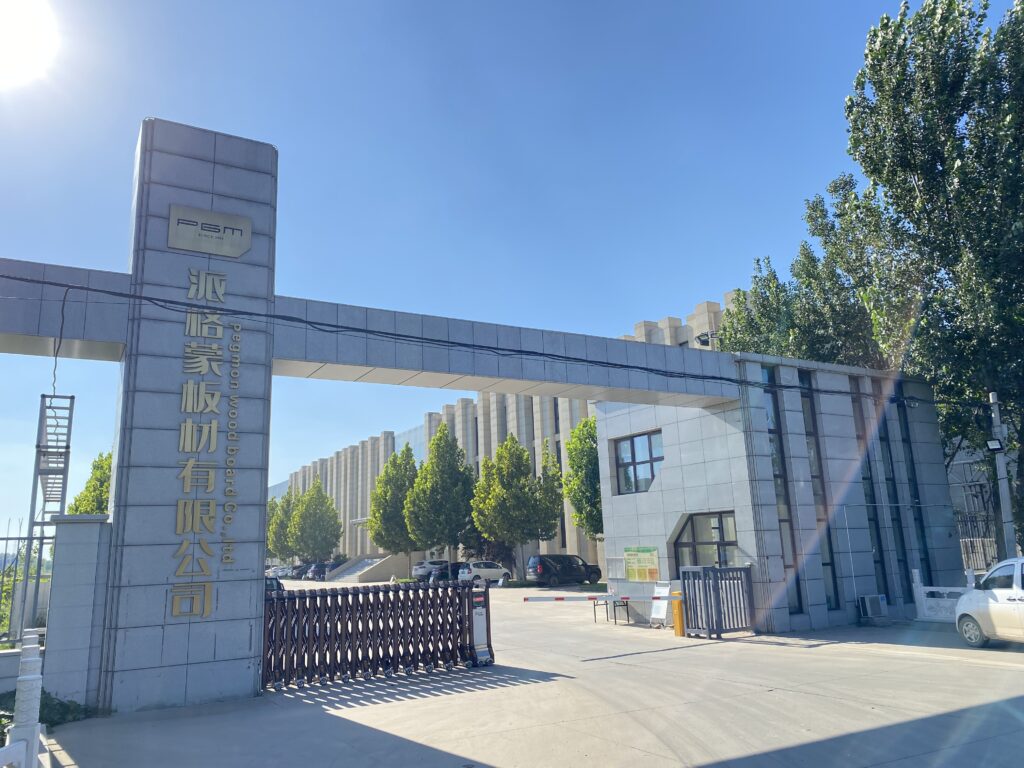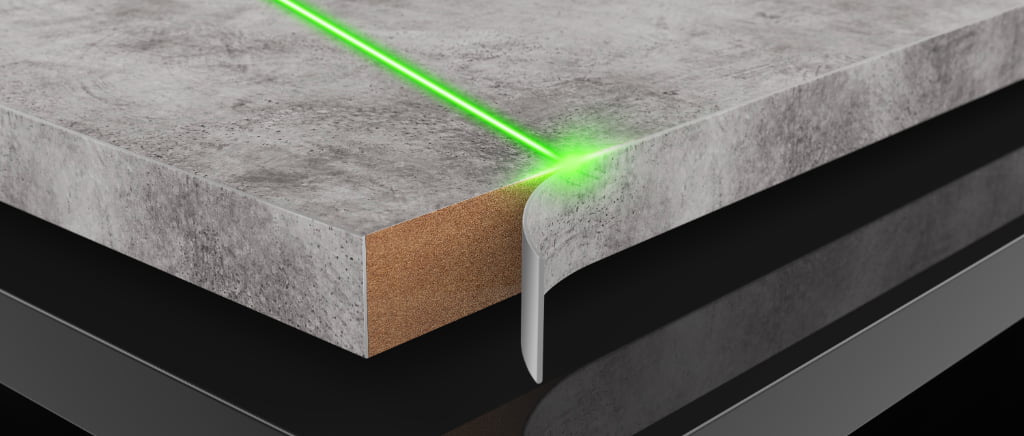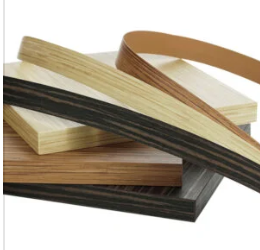Edge Banding1
Edge Banding2
he real risk is hidden wear layer & foam hardness. Validate by cut-sections + stock proof. We can share 3-batch samples and ready-stock list if you need a clearer comparison.
Technical Highlights
MOQ
300 PC
Size
120*200,200*150
Thickness
2cm
Load container
300 pcs
Need custom specifications? Contact our engineers.
Applications
application 124




